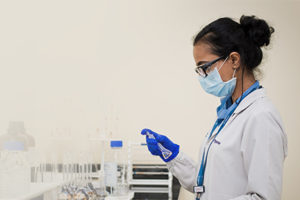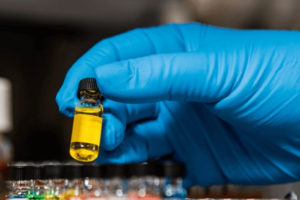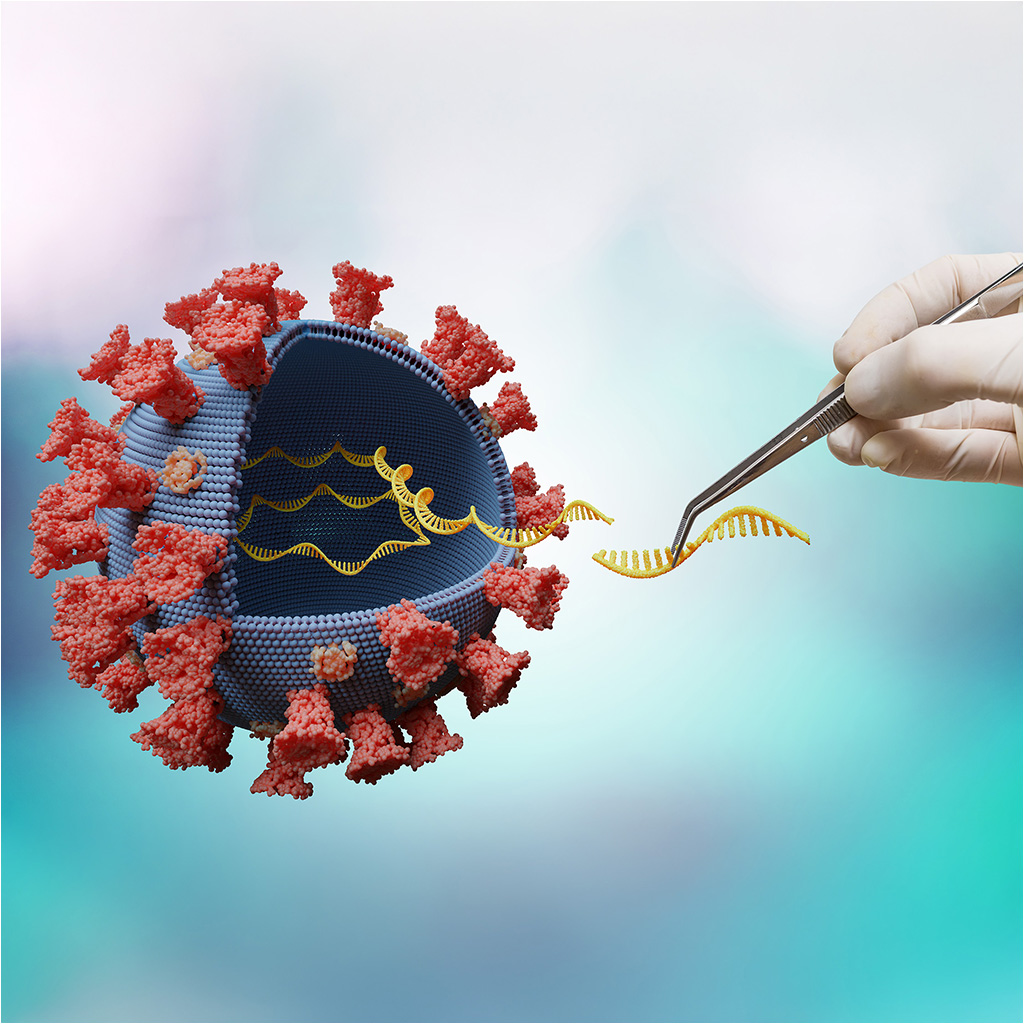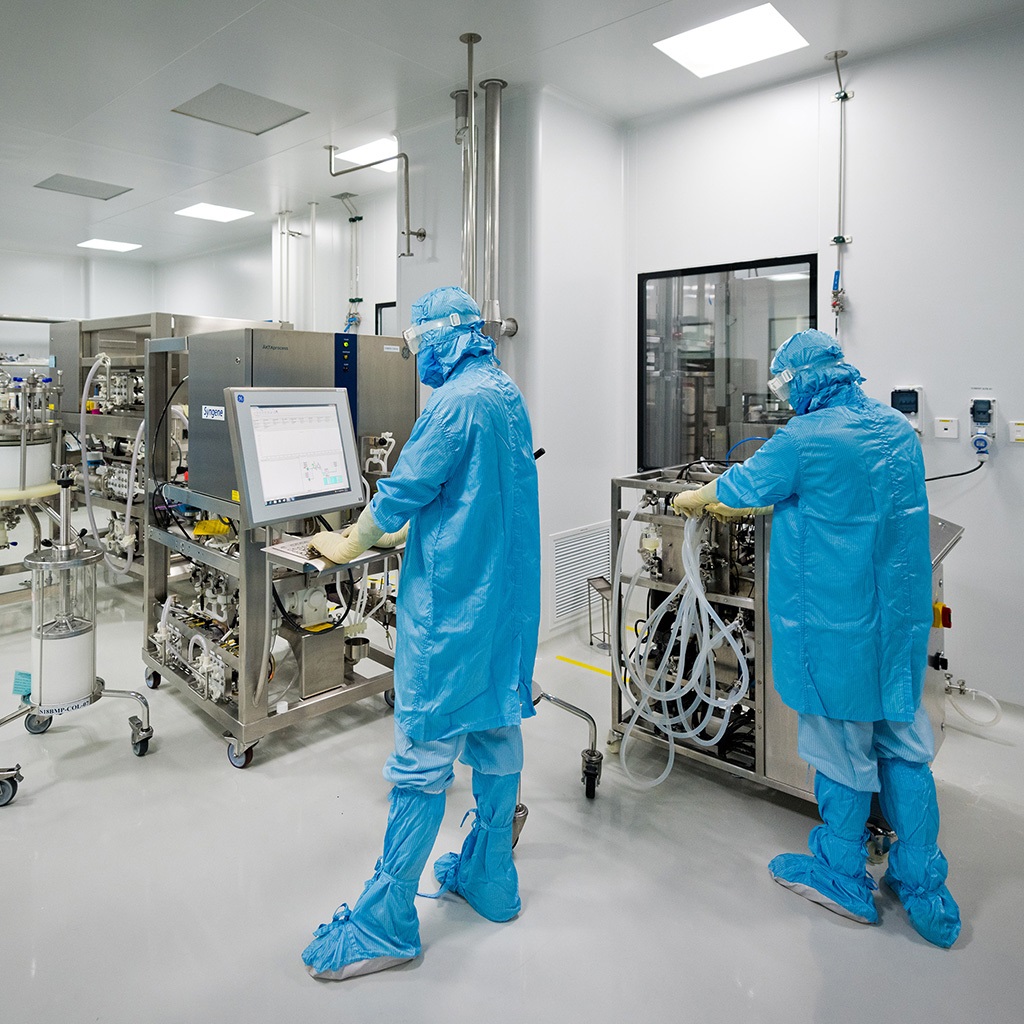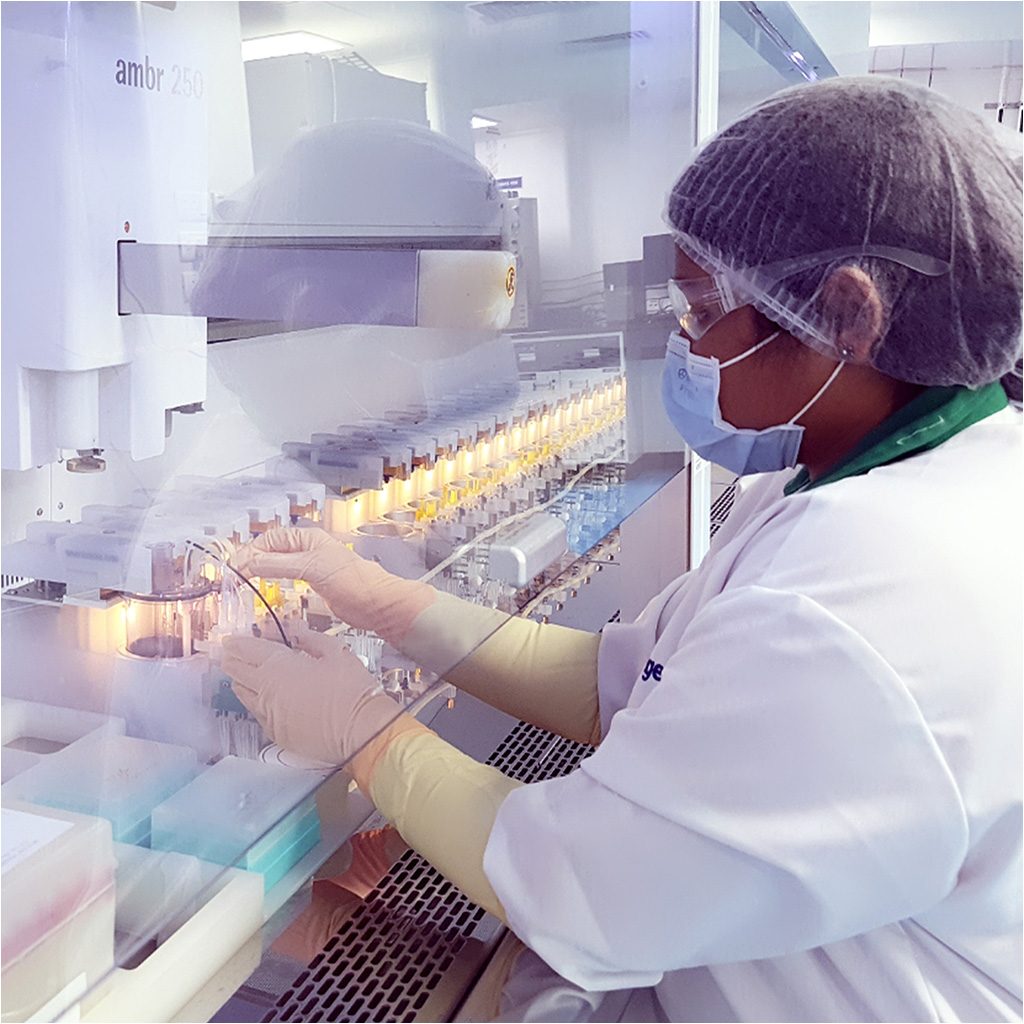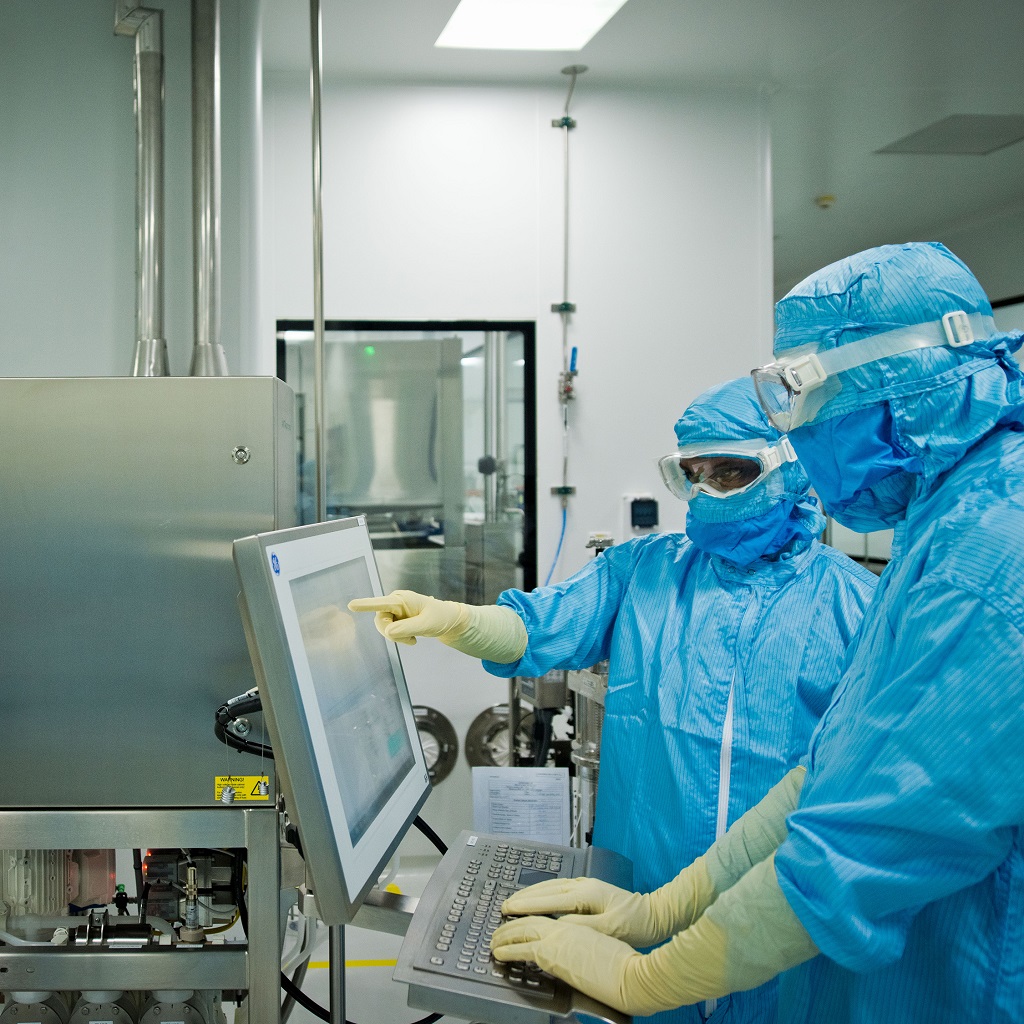ADME strategy and challenges: Heterobifunctional degraders
Targeted Protein Degradation (TPD) offers a compelling opportunity to expand the pool of druggable targets. Heterobifunctional protein degraders like PROTACs are one of the most important types of degraders in this family. However, beyond the rule of 5, the nature of these compounds introduces distinct ADME challenges not commonly encountered with smaller molecules. These challenges include poor solubility, low permeability, inadequate recoveries in in vitro ADME assays, high protein binding, and weak in vitro-to-in vivo correlation (IVIVC). To effectively develop orally bioavailable protein degraders, it is essential to implement optimal screening strategies and refine existing assays.
In this webinar, the first in our series of scientific webinars on DMPK unravelled, we were joined by Prasoon Chaturvedi, Ph.D., Vice President, Head of DMPK, C4 Therapeutics Inc, USA, and Vishwottam Kandikere, Ph.D, Assistant VP & Head of DMPK, Syngene, and Amol Raje, Assistant Director, DMPK, Syngene. The webinar discussed the ADME strategy and challenges in developing heterobifunctional degraders and possible solutions to overcome hurdles.
ADME strategy and challenges: Heterobifunctional degraders
BiDAC degraders commonly exhibit physicochemical and ADME properties consistent with >500 compounds. However, there are significant divergences for several key properties ie., BiDAC degrader clogP, PSA and NRotB requirements do not always follow the ‘rule of 5’ metrics.
In this webinar, Prasoon discussed how primary drivers of oral bioavailability are not fully characterized, but orally available degraders, such as CFT8634, can be designed with carefully calibrated medicinal chemistry and intelligent fit-for-purpose ADME screening approaches. He also demonstrated how ‘fit-for-purpose’ ADME screening funnel based on specific chemical matter is likely the best approach to move degraders through discovery and preclinical development into the clinic.
Syngene case studies on DMPK strategies for designing effective protein degraders
In this webinar Vishwottam and Amol discussed the major challenges with PROTAC development, namely poor solubility, high non-specific binding and low permeability/ high efflux. They also demonstrated through various case studies, how these challenges can be managed/overcome.
Case studies, included ChromLogD using RP-HPLC Gradient as an alternate option to mitigating solubility limitations for determining LogD values, increasing the solubility in Caco2 permeability assay with inclusion of FaSSIF in donor chamber, and understanding ADME-PK and PK-PD correlation for PROTACs using an estrogen degrader as a tool compound etc.
They concluded that since PROTACs molecules are heterobifunctional molecules, routine ADME screening strategy adopted for small molecules may not work for PROTAC molecules. The assay procedure would have to be modified as per project requirements.
Speaker Bio
Prasoon Chaturvedi, Ph.D., Vice President,
Prasoon currently leads the DMPK efforts in the protein degrader space as Vice President, DMPK, at C4 Therapeutics in Watertown, MA. Over the last two decades, Prasoon has worked with numerous cutting-edge technologies, including siRNAs and covalent inhibitors, to drive drug development endeavors in multiple therapeutic areas, including infectious disease, oncology, hematology, cardiovascular, inflammation, and rare diseases, leading to multiple successful IND, CTA, and NDA filings. He has made key DMPK contributions towards several marketed drugs, including NUZYRA® and ONPATTRO®. Prasoon holds a Ph.D. from IIT, Roorkee (India), and did his post-doctoral training at E.K. Shriver Center of Harvard Medical School, MA.
Vishwottam Kandikere Ph.D.
Dr. Vishwottam Kandikere is a global clinical pharmacokineticist with 25 years of experience. He has contributed to 13 NCEs, holds 11 US patents, and has authored over 90 publications. His work spans therapeutic areas such as neuroscience, oncology, and metabolic disorders. He has successfully led the discovery and optimization of 13 NCEs from bench to early clinical trials. Dr. Kandikere holds a Ph.D. in Pharmaceutical Analysis from Jawaharlal Nehru Technological University, Hyderabad.
Amol Raje, Ph.D
Amol has around 23 years of experience in providing DMPK support to drug discovery programs across more than 30 targets spanning therapeutic areas like inflammation, neuroscience, metabolic disorders, oncology, anti-malarial, and anti-infective research. He has extensive experience working on different drug modalities like small molecules, large molecules, PROTACs, ADCs, molecular glues, and peptides. As a key contributor, he has successfully led the discovery and optimization of 2 NCEs from bench to Phase-3 clinical trials and was an active member of a team that nominated five clinical candidates for early clinical trials. He has published around 23 original research papers in leading national and international journals and presented over 30 abstracts/posters. Amol has a post-graduate degree in veterinary pharmacology and toxicology from Nagpur Veterinary College, Maharashtra.



